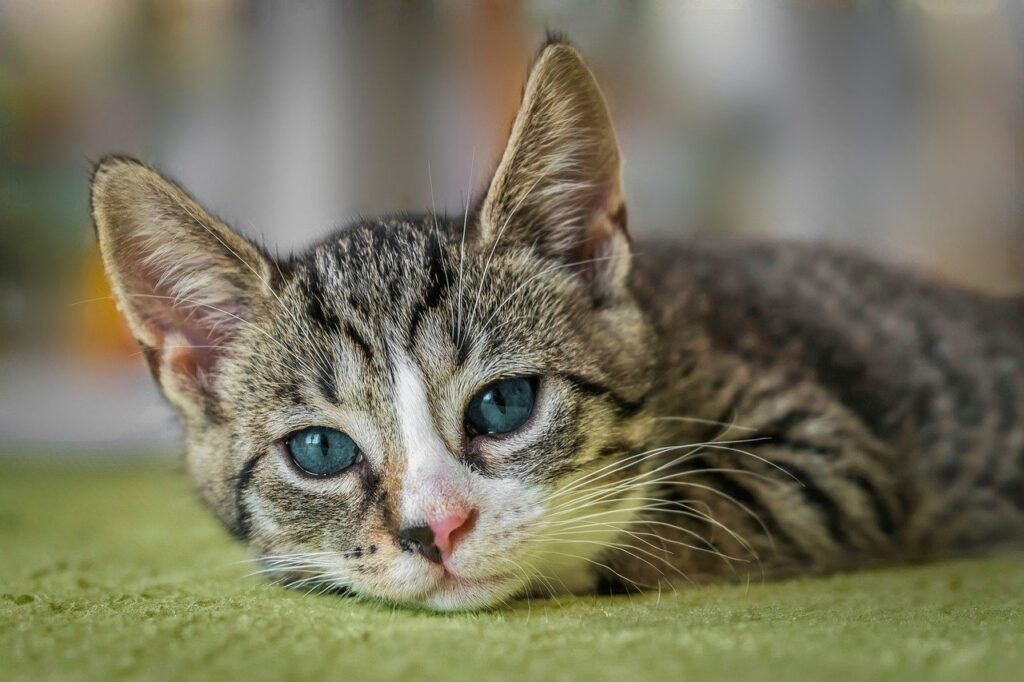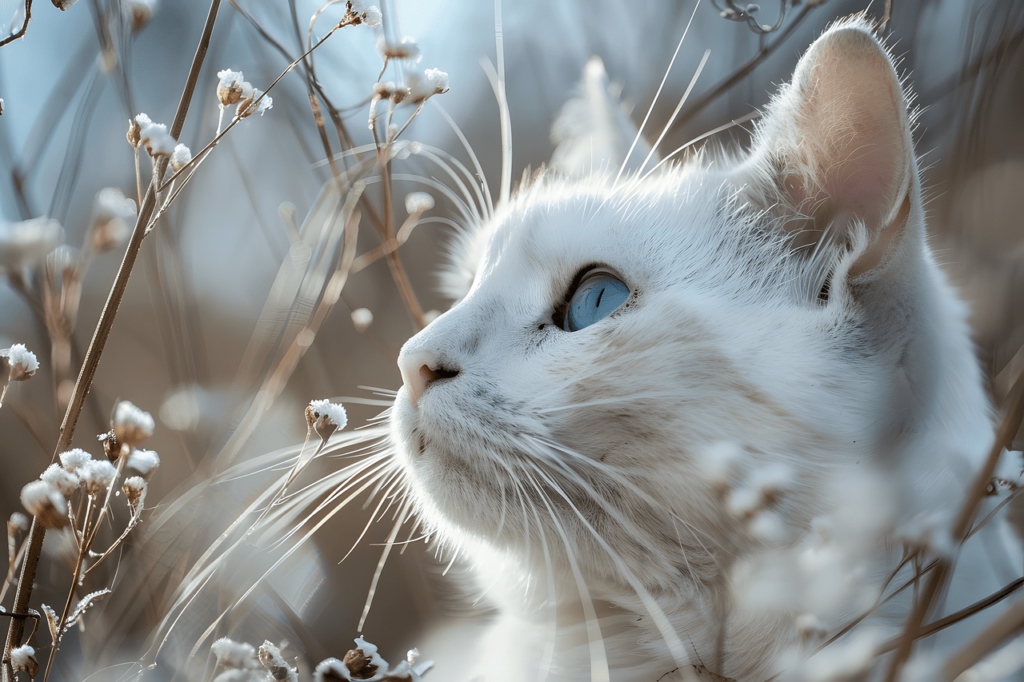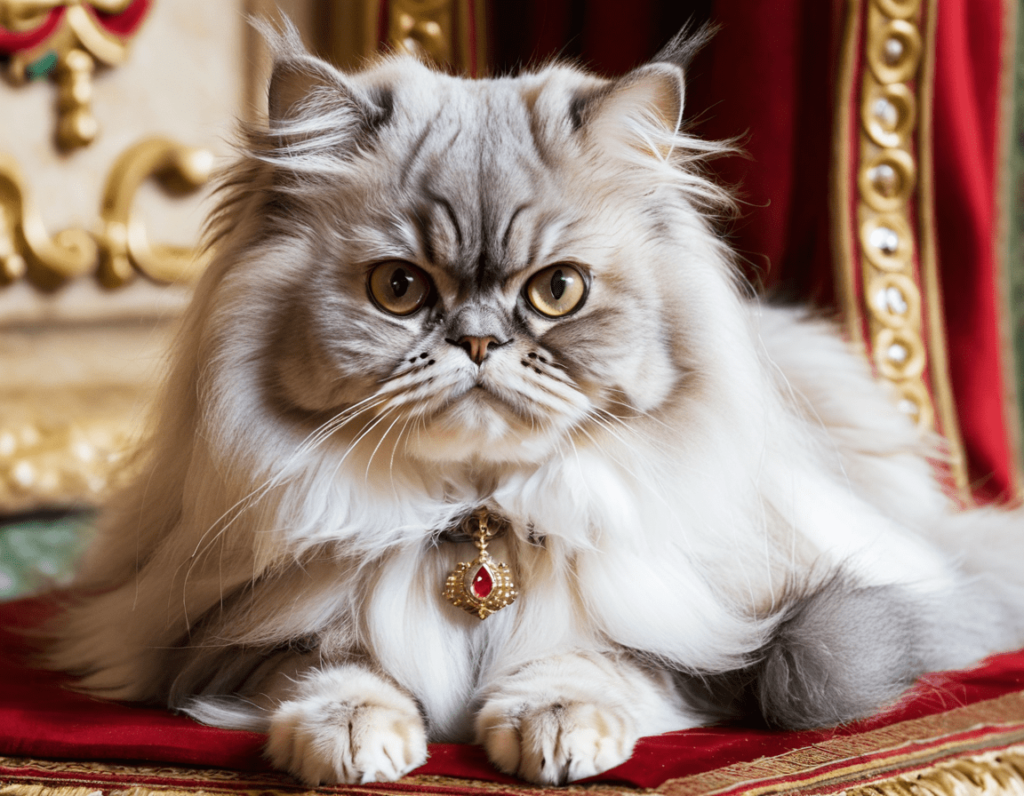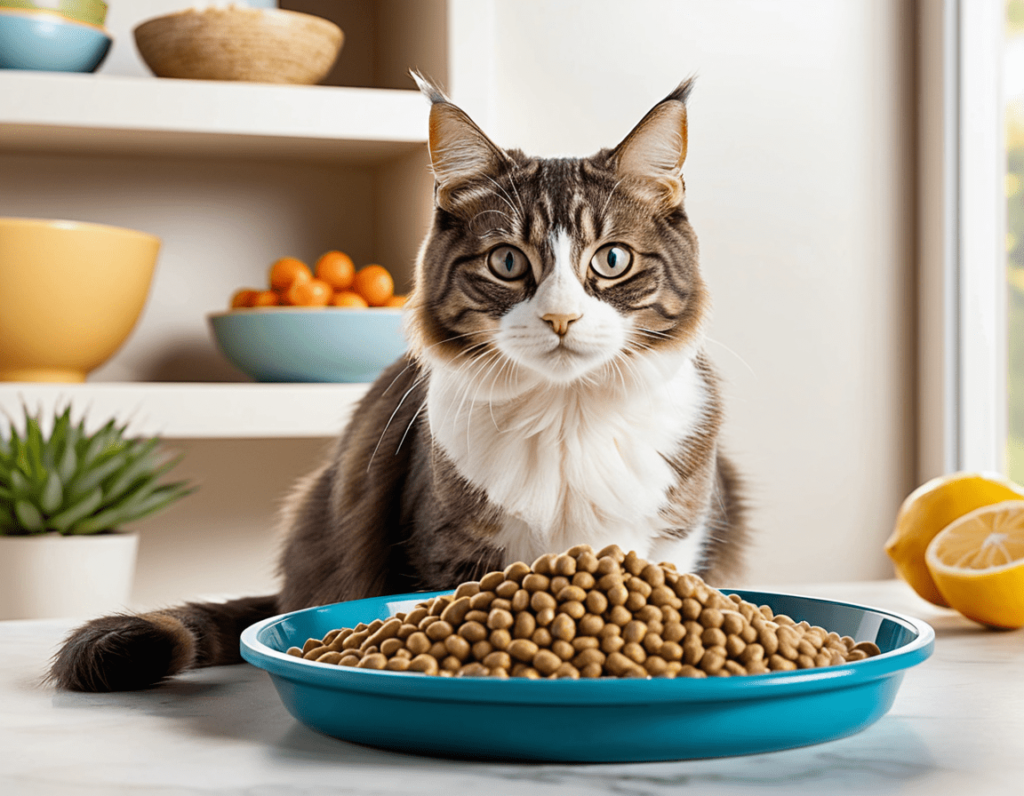
When it comes to your cat’s health, vaccinations are one of the most important steps you can take. Whether you’re a first-time cat owner or you’ve had a feline friend for years, understanding the basics of cat vaccinations can make a big difference in your cat’s health and longevity. Plus, a vaccinated cat is a happy cat… and probably a less likely target for that “mysterious” cold you’ve been avoiding all week.
Why Are Cat Vaccinations So Important?
Imagine this: You’re lounging on your couch, your cat curled up beside you, both of you enjoying some downtime. You might not be thinking about it, but your cat could be exposed to all sorts of dangerous diseases, from panleukopenia (cat distemper) to rabies. Just like people, cats are vulnerable to certain diseases, but vaccines can give them the defense they need.
Vaccinations are essentially a way to teach your cat’s immune system how to recognize and fight harmful viruses and bacteria. They help protect not only your cat but also other animals they might come into contact with. If you want your kitty to live a long, happy life, keeping up with their shots is key!
What Are the Core Vaccines for Cats?
Not all vaccines are created equal, and some are more essential than others. The core vaccines are those that every cat should have, regardless of their lifestyle. These vaccines protect your cat from the most common and dangerous diseases.
- Feline Viral Rhinotracheitis (FVR): This is basically the common cold for cats. It’s caused by the feline herpesvirus and affects your cat’s upper respiratory system. It can lead to severe complications if left untreated, so getting the vaccine is a good idea.
- Feline Calicivirus (FCV): This one often goes hand-in-hand with FVR. FCV can cause mouth ulcers and other respiratory issues. If you’ve ever had a sore throat, you can imagine how your cat might feel!
- Feline Panleukopenia (FPV): Often referred to as cat distemper, this virus can cause severe gastrointestinal issues and even death. It’s highly contagious, which is why vaccinating your cat is so important.
- Rabies: Rabies is a scary disease that can affect both animals and humans. It’s almost always fatal once symptoms appear, so getting your cat vaccinated against rabies is not just a good idea—it’s required by law in most places. Don’t want to risk that midnight rabies incident!
Non-Core Vaccines: Does My Cat Need Them?
While core vaccines are essential, non-core vaccines depend on your cat’s lifestyle and risk factors. If your cat spends time outdoors, has contact with other animals, or is at risk for certain diseases, your vet may recommend additional vaccines. Some common non-core vaccines include:
- Feline Leukemia Virus (FeLV): This is a serious viral infection that affects your cat’s immune system. It’s particularly important for outdoor cats who are more likely to come into contact with infected animals.
- Chlamydia: Not the kind you’re probably thinking of! This bacterial infection affects your cat’s eyes and respiratory system and can be prevented with a vaccine.
- Bordetella (Kennel Cough): If your cat is going to be staying in a cattery or boarding facility, this vaccine might be recommended to prevent respiratory illness.
How Often Does My Cat Need Vaccinations?
The frequency of vaccinations depends on the specific vaccine and your cat’s age. Kittens will need a series of vaccines, starting at around 6-8 weeks old, followed by booster shots every 3-4 weeks until they’re about 16 weeks old. After that, most adult cats need booster shots every 1-3 years, depending on the vaccine.
But don’t worry, you don’t have to memorize all these dates! Your vet will keep track of when your cat is due for their next round of vaccinations. Just show up for the appointment (and maybe bring a treat to bribe your kitty, because, well, shots aren’t their favorite).
Can vaccines cause side effects?
Like humans, cats can sometimes experience mild side effects from vaccinations. These are usually short-term and should clear up within a few days. Some common side effects include:
- Lethargy (because even superheroes need a nap)
- Slight fever
- Swelling or discomfort at the injection site
In very rare cases, cats can have more severe reactions, like an allergic response. If your cat seems to have trouble breathing or shows any unusual symptoms after a vaccine, contact your vet immediately. But, for the most part, vaccines are safe and well-tolerated.
Does My Indoor Cat Still Need Vaccinations?
Yes, even indoor cats need vaccines. While they’re at a lower risk of encountering outdoor diseases, it’s still possible for germs to enter your home on your clothes, shoes, or other pets. Also, if your cat ever escapes (and let’s be honest, we’ve all had that heart-stopping moment when our cats slip out the door), they should be protected against diseases like rabies and feline distemper.
Conclusion: Vaccinating Your Cat Is an Act of Love (and Common Sense)
At the end of the day, vaccinating your cat isn’t just about following the rules—it’s about ensuring your cat leads a long, healthy, and happy life. Just like you wouldn’t skip your flu shot, don’t skip your cat’s vaccines. After all, a healthy cat is a happy cat… and we all know that a happy cat is much more fun to cuddle with, even if it’s just for five minutes before they start plotting their next adventure (they always plot, don’t they?).

How to Prepare for Your Cat's Vaccination Appointment
It’s always good to be prepared when your cat has a vaccination appointment. Here are a few tips to make the experience smoother for both you and your furry friend:
- Bring a Carrier: Even if your cat is an absolute expert at hiding when they sense a vet trip is coming (how do they always know?), bringing a secure carrier is essential. It’s safer for them during transport and makes the vet visit a bit less stressful.
- Don’t Feed Them Right Before: Some vaccines are given with a slight risk of causing an upset stomach. It’s best to avoid feeding your cat just before their appointment. A small treat after the shot is a great way to reward them!
- Stay Calm: Cats are sensitive to their owner’s moods. If you’re stressed, your cat will likely pick up on it. So, take a deep breath, stay calm, and remember—it’s all for their health!
- Ask Questions: Your vet is your partner in your cat’s health. If you have any concerns about side effects, boosters, or anything else, don’t hesitate to ask. The more you know, the better you can care for your feline.
The Bottom Line
Getting your cat vaccinated is one of the simplest and most effective ways to keep them safe from serious diseases. By staying on top of their vaccinations and knowing when to visit the vet, you’re giving your cat the best shot (pun intended) at a long, happy life. And hey, your cat will probably thank you by snuggling up on your lap… at least until they spot the red dot of the laser pointer again.
So, let’s raise a paw for healthy, vaccinated cats! 🐾
FAQs About Cat Vaccinations
1. Why do cats need vaccinations?
Answer: Vaccinations are essential to protect cats from dangerous diseases, some of which can be fatal. By getting vaccinated, your cat’s immune system learns how to fight viruses and bacteria, keeping them healthy and safe from infections like rabies, distemper, and feline leukemia.
2. How many vaccinations do cats need?
Answer: Cats need a series of core vaccines, including:
- Feline Viral Rhinotracheitis (FVR)
- Feline Calicivirus (FCV)
- Feline Panleukopenia (FPV)
- Rabies (required by law in many places)
Cats may also require non-core vaccines based on their lifestyle, like Feline Leukemia Virus (FeLV) or Bordetella.
3. Do indoor cats need vaccinations?
Answer: Yes, indoor cats still need vaccinations. While they’re at a lower risk of outdoor diseases, they could still be exposed through visitors, other pets, or even by escaping out the door. Plus, rabies vaccinations are often required by law, even for indoor cats.
4. When should I start vaccinating my kitten?
Answer: Kittens typically start their vaccination series at 6-8 weeks old. They’ll need several booster shots until they’re about 16 weeks old. After that, they’ll receive yearly or triennial boosters depending on the vaccine.
5. How often do adult cats need booster shots?
Answer: Most adult cats will need boosters every 1 to 3 years, depending on the vaccine. Your vet will recommend the best schedule based on your cat’s health and lifestyle.
Vaccinations are essential to protect cats from dangerous diseases, some of which can be fatal. By getting vaccinated, your cat’s immune system learns how to fight viruses and bacteria, keeping them healthy and safe from infections like rabies, distemper, and feline leukemia.

6. Can vaccines cause side effects in cats?
Answer: Yes, some cats may experience mild side effects like lethargy, swelling at the injection site, or a slight fever. These symptoms typically resolve within a few days. If your cat shows more severe reactions, such as difficulty breathing or swelling beyond the injection site, contact your vet immediately.
7. What happens if I miss a vaccination appointment for my cat?
Answer: If you miss a vaccination appointment, don’t panic—just contact your vet. They may recommend getting a booster or rescheduling the vaccine. For kittens, missed shots may require restarting the series to ensure they’re fully protected.
8. Are there any risks of not vaccinating my cat?
Answer: Not vaccinating your cat puts them at risk of contracting serious diseases that can be expensive and difficult to treat. Feline distemper, rabies, and leukemia are some of the risks, and without vaccines, they could be fatal. Plus, some diseases, like rabies, are transmissible to humans.
9. What is the rabies vaccine, and why is it important?
Answer: The rabies vaccine is crucial because rabies is a deadly disease that can affect both animals and humans. It’s often required by law for all cats, whether indoor or outdoor, and helps prevent the spread of the disease in your community.
10. Can my cat get vaccinations with other treatments?
Answer: Yes, many vets offer combination vaccines, which cover multiple diseases in one shot, making it easier for your cat (and you!) to stay up-to-date on their health. They can also get flea or worm treatments during the same visit, saving time and making sure they’re fully protected.
11. Should I vaccinate my cat if they are older or sick?
Answer: Cats with health conditions may have a different vaccination schedule or require special considerations. If your cat is senior or dealing with an illness, talk to your vet about the best course of action to ensure their health while still keeping them protected.
12. How do I know if my cat has been vaccinated?
Answer: Your vet will keep a record of your cat’s vaccinations. Make sure you ask for a vaccination certificate to keep in your pet’s records. If you adopt a cat or kitten, check with the shelter or breeder for details about their vaccination history.
Vaccinations are a key part of your cat’s overall healthcare routine. By keeping your cat’s shots up to date, you’re helping them stay healthy, safe, and ready for all their adventures (whether indoors or outdoors). And remember, a vaccinated cat is a happy cat—at least until the vet tries to give them a shot. 🐾


